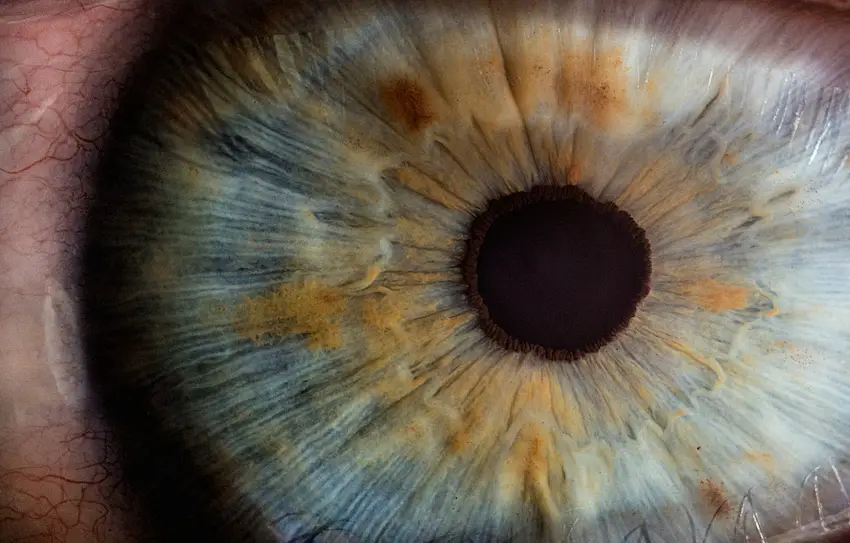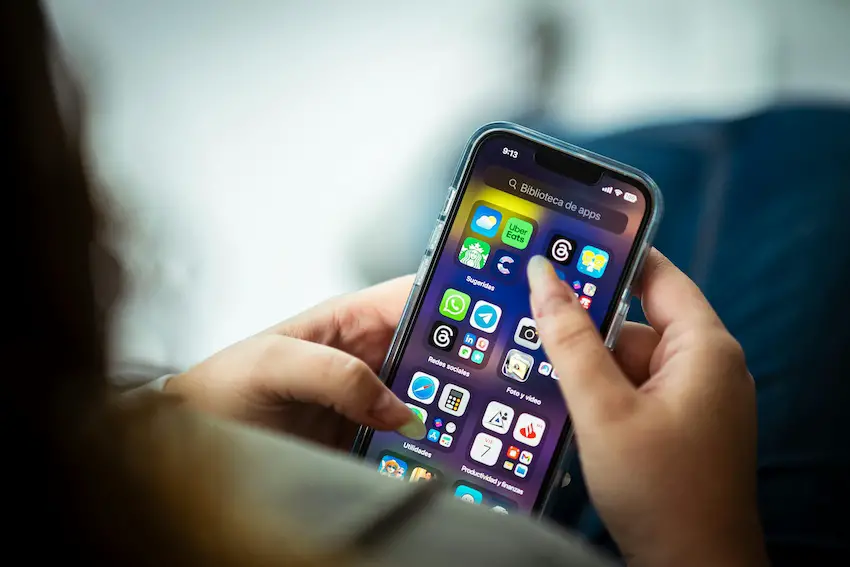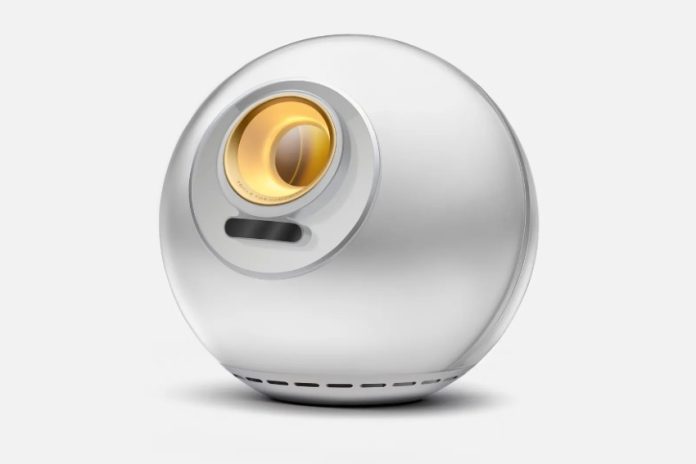Do you want to order pizza, tacos, or an orb that will collect your biometric data? The latter may soon be an option in Mexico thanks to a partnership between the delivery application Rappi and Worldcoin, a project that uses data-collection globes to construct a database it hopes will one day be used to verify people’s humanity.
In September, Mexico’s National Institute for Transparency and Access to Information (INAI) opened an investigation of a project known as Worldcoin, an eye-scanning orb that records biometric data. Now Worldcoin has announced that, starting next year, “the Orb” will be available in Latin America on-demand like a pizza. Wired reported that through a partnership with the app Rappi, citizens will be able to have an Orb show up at their door to scan their irises, allowing them to sign up for the World Network from their own home.

Worldcoin arrived in Mexico last year and can be found in 13 locations across the country, from Monterrey to Guadalajara and at least six sites in Mexico City, according to the monthly tech magazine Wired.
Over 5 million people have already lined up to stare into a sphere the size of a bowling ball and scan their irises, alarming privacy advocates and regulators, several of whom have banned its use in their respective countries. In addition, Worldcoin came under scrutiny for allegedly deceptive and exploitative practices in recruiting individuals to scan their irises.
Early last month, INAI demonstrated its concern, announcing it had opened its own probe into the project. The institution is particularly concerned about the potential for misuse of personal information and biometric data, and decided to open an inquiry after receiving complaints from users in Mexico.
Is “the Orb” collecting biometric data from children in Mexico?
INAI informed the public that anybody who believes their personal information was violated can file a complaint which would be incorporated into its investigation.

A few days later, Xataka, a Mexican tech publication, reported that it was unclear if INAI might take measures to restrict Worldcoin’s data collection or if it could ban its use.
According to the project, in addition to receiving online ID verification, users are rewarded 25 WLD, digital currency that is worth about US $115.
However, news agency N+ reported that a significant number of users claimed they had not received the digital currency. In addition, minors have allegedly participated in the project, a violation of Mexican laws banning the collection of biometric data from the underage population.
Defending Worldcoin
Sam Altman, founder of Worldcoin and CEO of OpenAI, claimed that the project — dating back to 2019 — aims to create “a global financial and identity network based on proof of personhood,” seen as essential in an era where artificial intelligence is commonplace.
Altman’s reasoning is that it is increasingly more important for people to prove they are not a bot. The result is iris-scanning technology to generate private tokens that would verify their identities around the world.
However, writes Cointelegraph, since its inception, Altman’s startup “has received significant backlash from influential privacy advocates, including American whistleblower Edward Snowden,” over concerns about how it was storing and using biometric data.
Project managers insist they neither keep nor catalog the biometric data, but advocates argue that not collating names to data collected is not sufficient to guarantee that personal data is not vulnerable.
With reports from Xataka, N+, Cointelegraph and Wired
